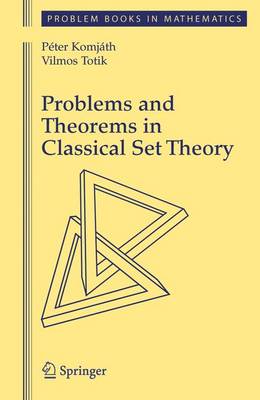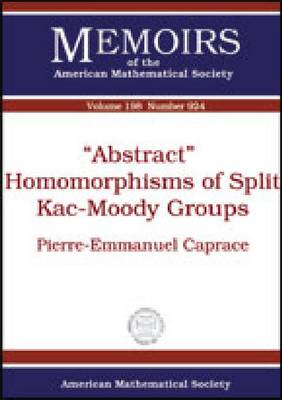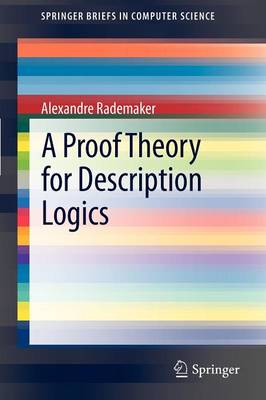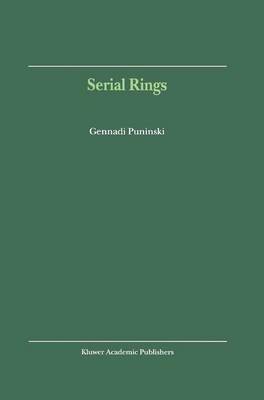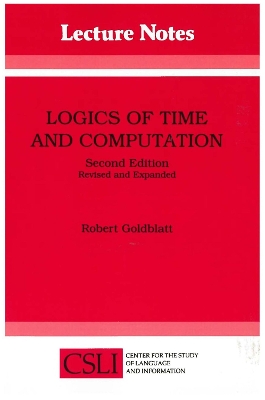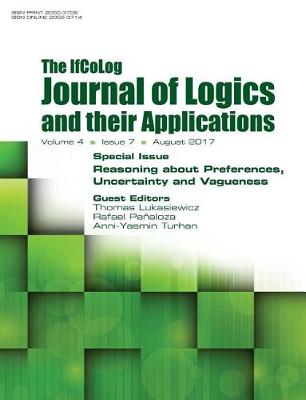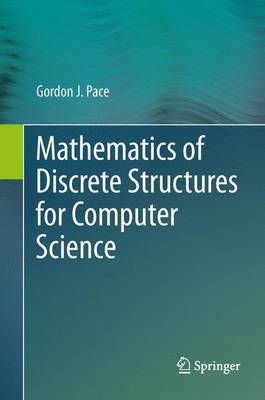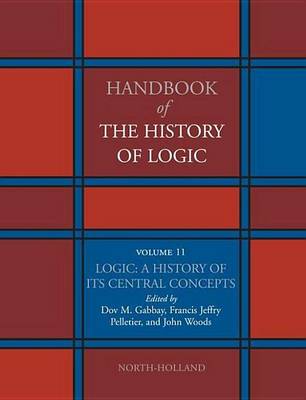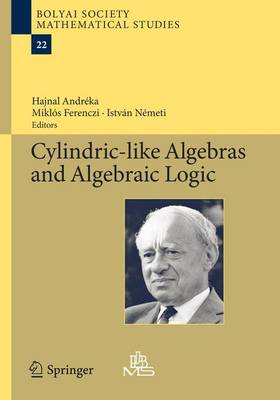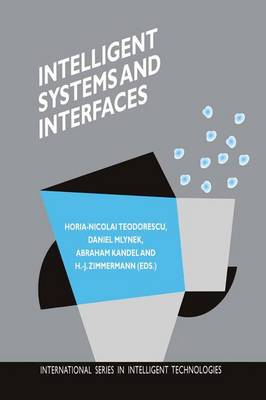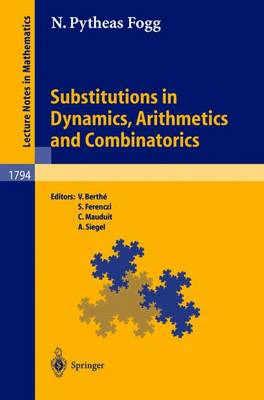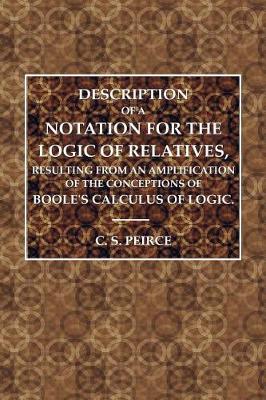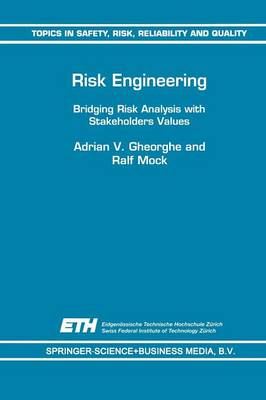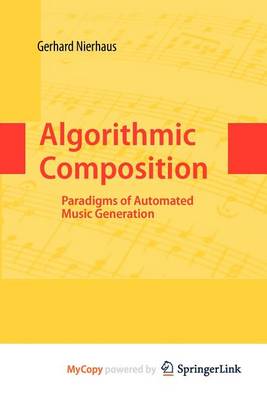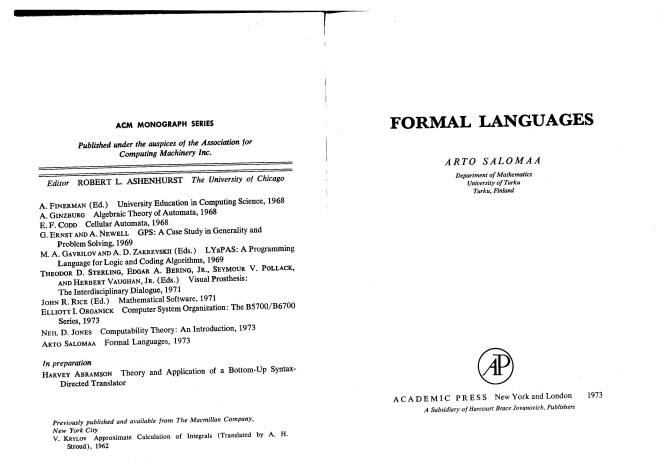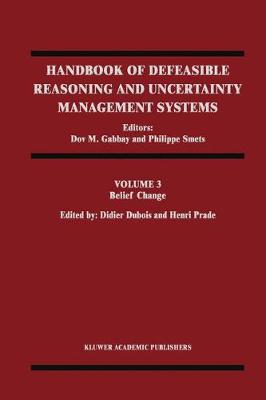Finite Geometries and Designs (London Mathematical Society Lecture Note)
Originally published in 1981, this collection of 33 research papers follows from a conference on the interwoven themes of finite Desarguesian spaces, Steiner systems, coding theory, group theory, block designs, generalized quadrangles, and projective planes. There is a comprehensive introduction, which aims to interest the non-specialist in the subject and which indicates how the contributions fit together. This is a field of research pursued both for its intrinsic interest and its applications....
Problems and Theorems in Classical Set Theory (Problem Books in Mathematics)
by Peter Komjath and Vilmos Totik
This volume contains a variety of problems from classical set theory and represents the first comprehensive collection of such problems. Many of these problems are also related to other fields of mathematics, including algebra, combinatorics, topology and real analysis. Rather than using drill exercises, most problems are challenging and require work, wit, and inspiration. They vary in difficulty, and are organized in such a way that earlier problems help in the solution of later ones. For many...
Abstract Homomorphisms of Split Kac-Moody Groups (Memoirs of the American Mathematical Society)
This work is devoted to the isomorphism problem for split Kac-Moody groups over arbitrary fields. This problem turns out to be a special case of a more general problem, which consists in determining homomorphisms of isotropic semi simple algebraic groups to Kac-Moody groups, whose image is bounded. Since Kac-Moody groups possess natural actions on twin buildings, and since their bounded subgroups can be characterized by fixed point properties for these actions, the latter is actually a rigidity...
A Proof Theory for Description Logics (SpringerBriefs in Computer Science)
by Alexandre Rademaker
Description Logics (DLs) is a family of formalisms used to represent knowledge of a domain. They are equipped with a formal logic-based semantics. Knowledge representation systems based on description logics provide various inference capabilities that deduce implicit knowledge from the explicitly represented knowledge. A Proof Theory for Description Logics introduces Sequent Calculi and Natural Deduction for some DLs (ALC, ALCQ). Cut-elimination and Normalization are proved for the calculi. The...
The main theme in classical ring theory is the structure theory of rings of a particular kind. For example, no one text book in ring theory could miss the Wedderburn-Artin theorem, which says that a ring R is semisimple Artinian iffR is isomorphic to a finite direct sum of full matrix rings over skew fields. This is an example of a finiteness condition which, at least historically, has dominated in ring theory. Ifwe would like to consider a requirement of a lattice-theoretical type, other than b...
Sets out the basic theory of normal modal and temporal propositional logics; applies this theory to logics of discrete (integer), dense (rational), and continuous (real) time, to the temporal logic of henceforth, next, and until, and to the propositional dynamic logic of regular programs.
Ifcolog Journal of Logics and their Applications. Volume 4, number 7. Reasoning about Preferences, Uncertainty and Vagueness
Mathematics of Discrete Structures for Computer Science
by Gordon J. Pace
Mathematics plays a key role in computer science, some researchers would consider computers as nothing but the physical embodiment of mathematical systems. And whether you are designing a digital circuit, a computer program or a new programming language, you need mathematics to be able to reason about the design -- its correctness, robustness and dependability. This book covers the foundational mathematics necessary for courses in computer science. The common approach to presenting mathematical...
The Handbook of the History of Logic is a multi-volume research instrument that brings to the development of logic the best in modern techniques of historical and interpretative scholarship. It is the first work in English in which the history of logic is presented so extensively. The volumes are numerous and large. Authors have been given considerable latitude to produce chapters of a length, and a level of detail, that would lay fair claim on the ambitions of the project to be a definitive res...
Cylindric-like Algebras and Algebraic Logic (Bolyai Society Mathematical Studies, #22)
Algebraic logic is a subject in the interface between logic, algebra and geometry, it has strong connections with category theory and combinatorics. Tarski's quest for finding structure in logic leads to cylindric-like algebras as studied in this book, they are among the main players in Tarskian algebraic logic. Cylindric algebra theory can be viewed in many ways: as an algebraic form of definability theory, as a study of higher-dimensional relations, as an enrichment of Boolean Algebra theory,...
Handbook of the Logic of Argument and Inference (Studies in Logic and Practical Reasoning)
by R. H. Johnson, H J Ohlbach, Professor Dov M Gabbay, and John Woods
The Handbook of the Logic of Argument and Inference is an authoritative reference work in a single volume, designed for the attention of senior undergraduates, graduate students and researchers in all the leading research areas concerned with the logic of practical argument and inference. After an introductory chapter, the role of standard logics is surveyed in two chapters. These chapters can serve as a mini-course for interested readers, in deductive and inductive logic, or as a refresher....
Intelligent Systems and Interfaces (International Series in Intelligent Technologies, #15)
This volume offers comprehensive coverage of intelligent systems, including fundamental aspects, software-, sensors-, and hardware-related issues. Moreover, the contributors to this volume provide, beyond a systematic overview of intelligent interfaces and systems, deep, practical knowledge in building and using intelligent systems in various applications. Special emphasis is placed on specific aspects and requirements in applications.
Substitutions in Dynamics, Arithmetics and Combinatorics (Lecture Notes in Mathematics, #1794)
by N Pytheas Fogg
A certain category of infinite strings of letters on a finite alphabet is presented here, chosen among the 'simplest' possible one may build, both because they are very deterministic and because they are built by simple rules (a letter is replaced by a word, a sequence is produced by iteration). These substitutive sequences have a surprisingly rich structure. The authors describe the concepts of quantity of natural interactions, with combinatorics on words, ergodic theory, linear algebra, spectr...
Description of a Notation for the Logic of Relatives
by C S Peirce
Recursion Theory for Metamathematics (Oxford Logic Guides, #22)
by Raymond M Smullyan
This work is a sequel to the author's Goedel's Incompleteness Theorems, though it can be read independently by anyone familiar with Goedel's incompleteness theorem for Peano arithmetic. The book deals mainly with those aspects of recursion theory that have applications to the metamathematics of incompleteness, undecidability, and related topics. It is both an introduction to the theory and a presentation of new results in the field.
Risk Engineering (Topics in Safety, Risk, Reliability and Quality, #6)
by A.V. Gheorghe and Ralf Mock
Industrial development is essential to improvement of the standard of living in all countries. People's health and the environment can be affected, directly or indirectly by routine waste discharges or by accidents. A series of recent major industrial accidents and the effect of pollution highlighted, once again, the need for better management of routine and accidental risks. Moreover, the existence of natural hazards complicate even more the situation in any given region. In the past effort to...
Algorithmic composition - composing by means of formalizable methods - has a century old tradition not only in occidental music history. This is the first book to provide a detailed overview of prominent procedures of algorithmic composition in a pragmatic way rather than by treating formalizable aspects in single works. In addition to an historic overview, each chapter presents a specific class of algorithm in a compositional context by providing a general introduction to its development and th...
Belief Change (Handbook of Defeasible Reasoning and Uncertainty Management Systems, #3)
Belief change is an emerging field of artificial intelligence and information science dedicated to the dynamics of information and the present book provides a state-of-the-art picture of its formal foundations. It deals with the addition, deletion and combination of pieces of information and, more generally, with the revision, updating and fusion of knowledge bases. The book offers an extensive coverage of, and seeks to reconcile, two traditions in the kinematics of belief that often igno...

